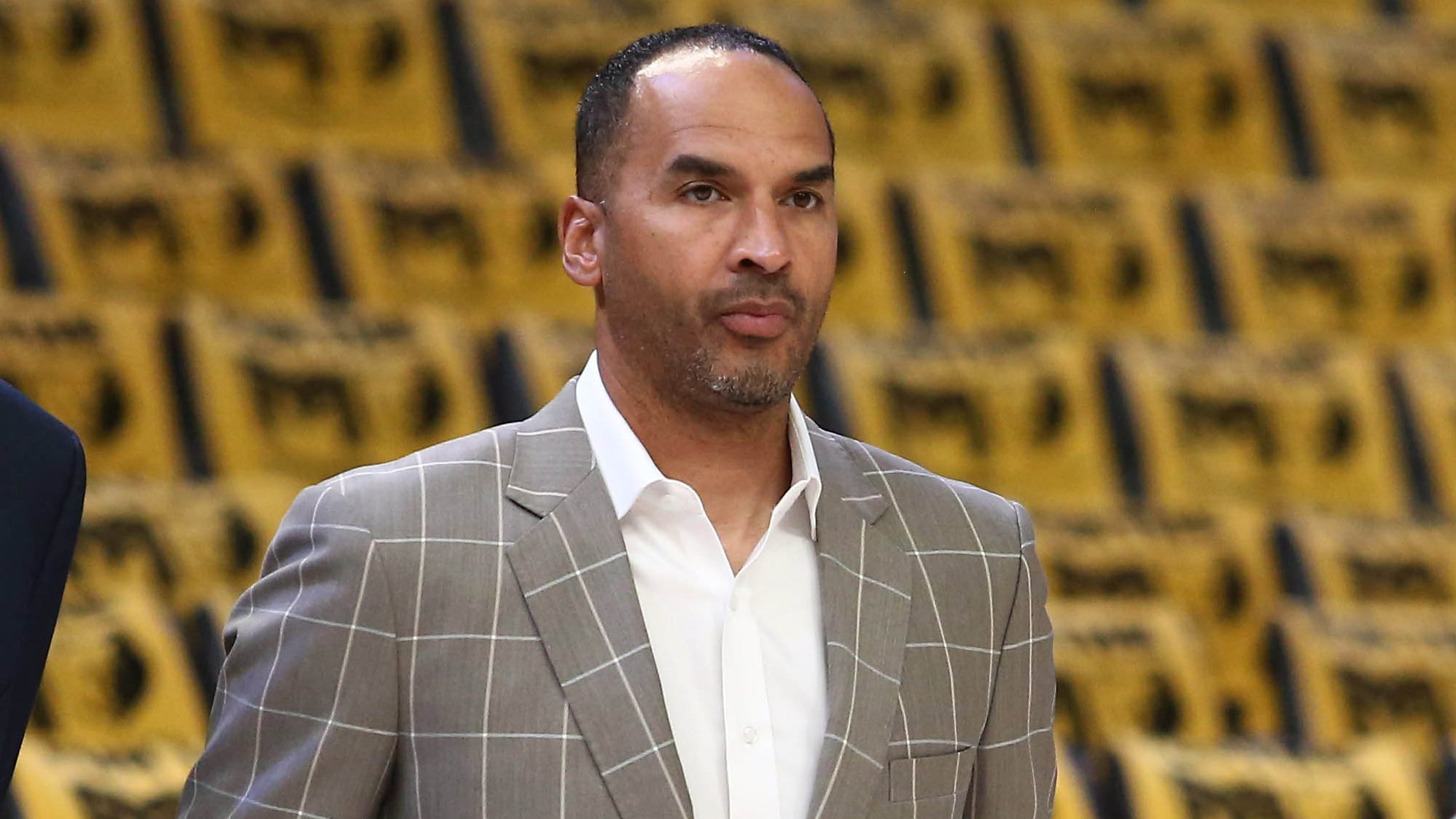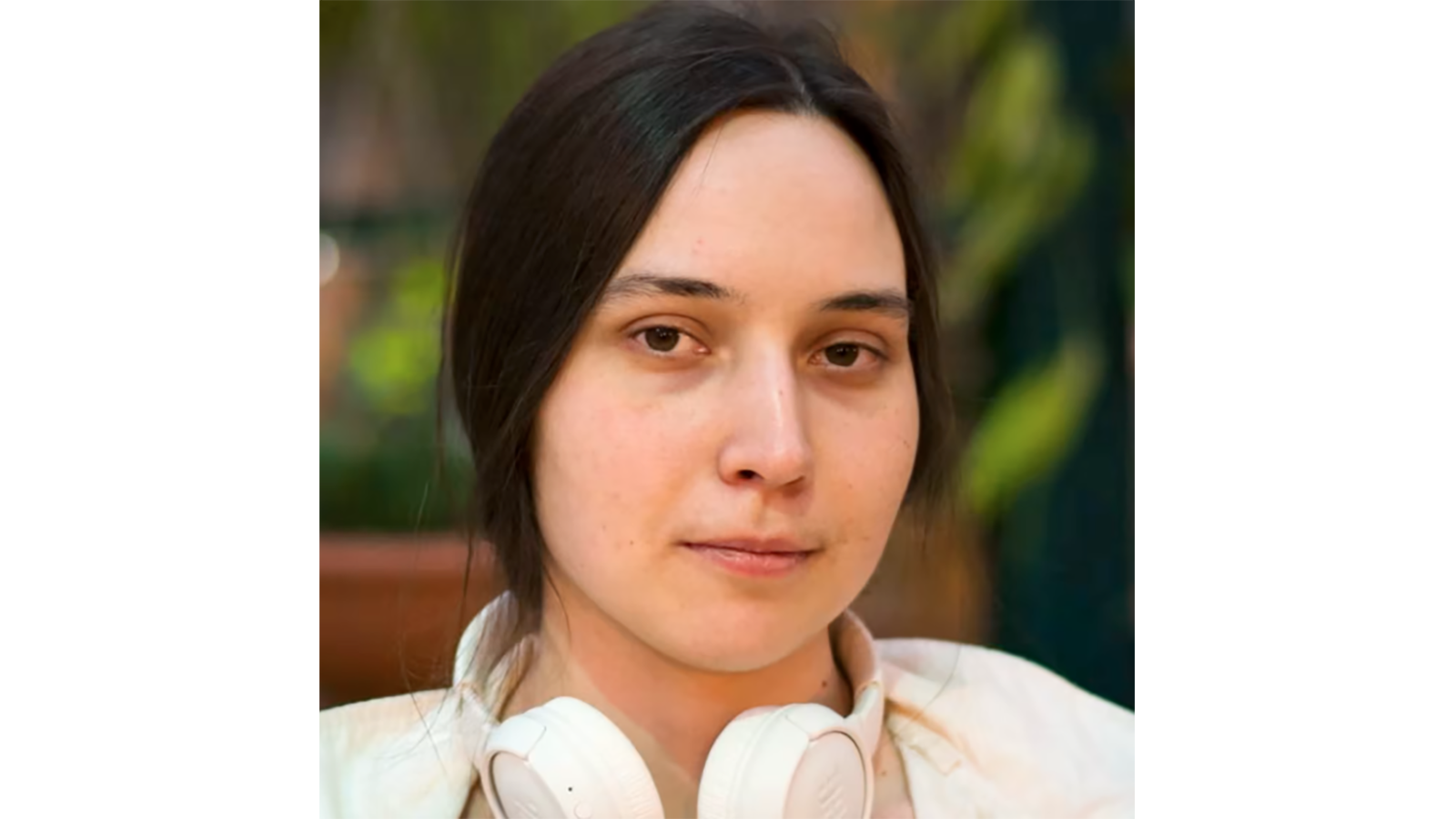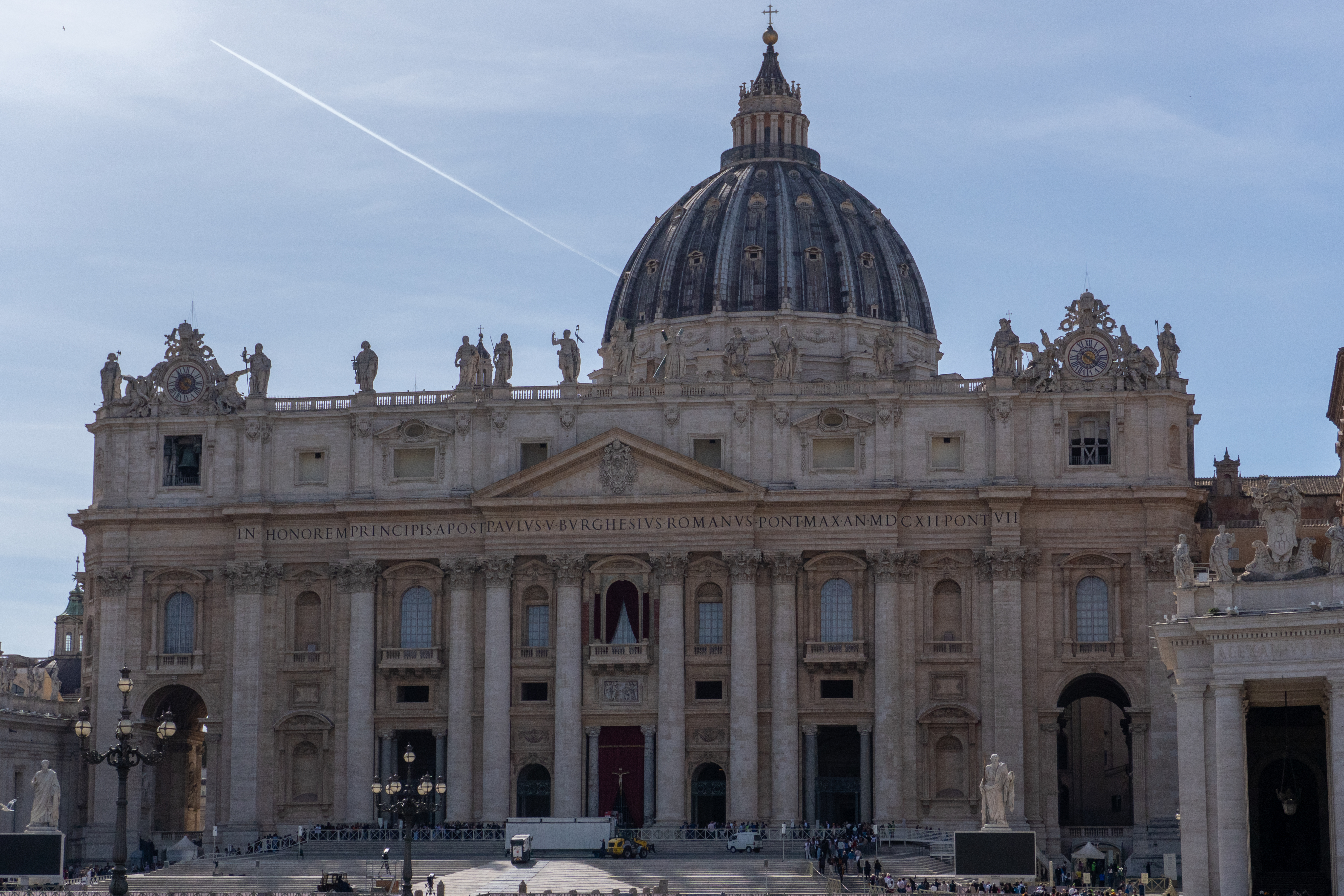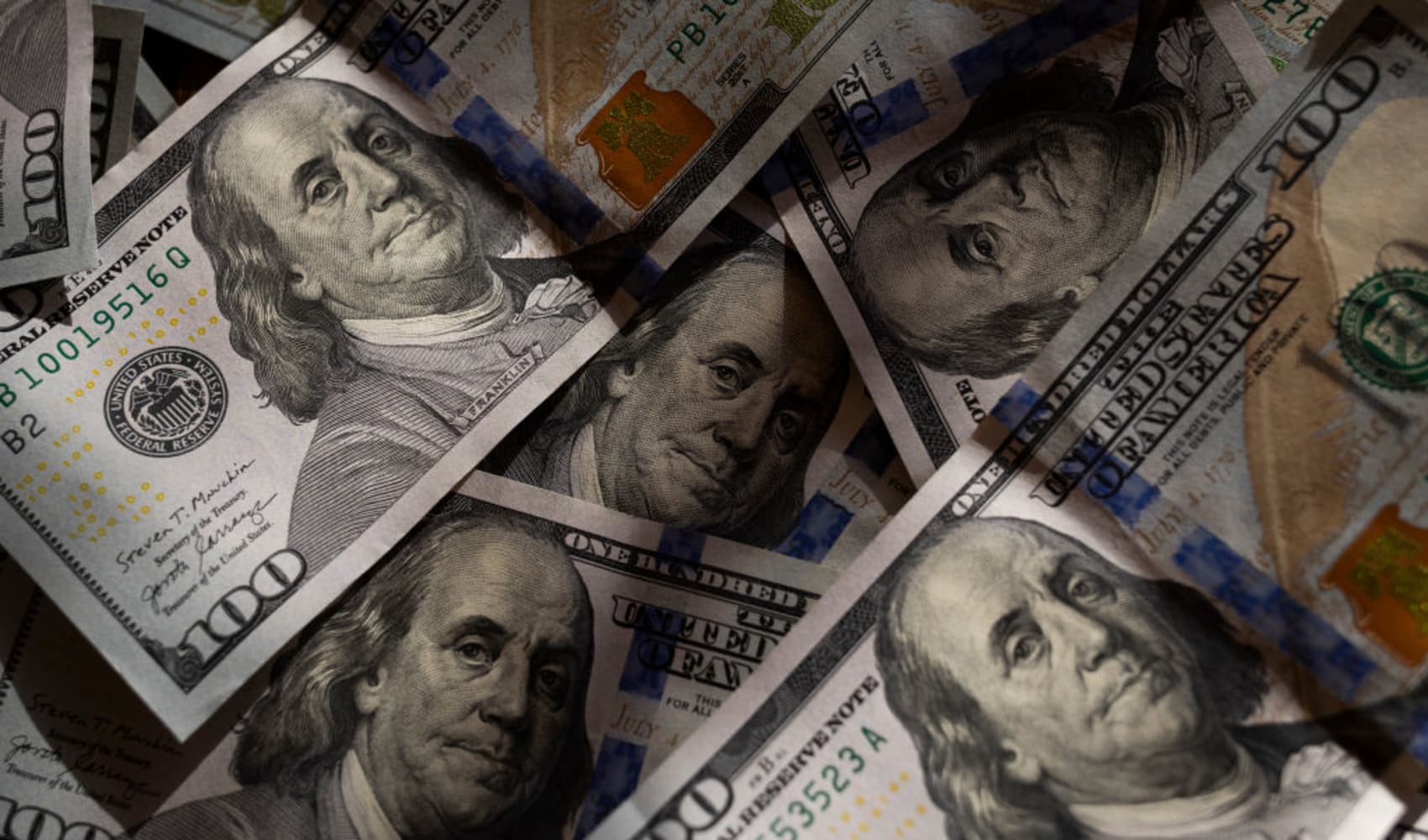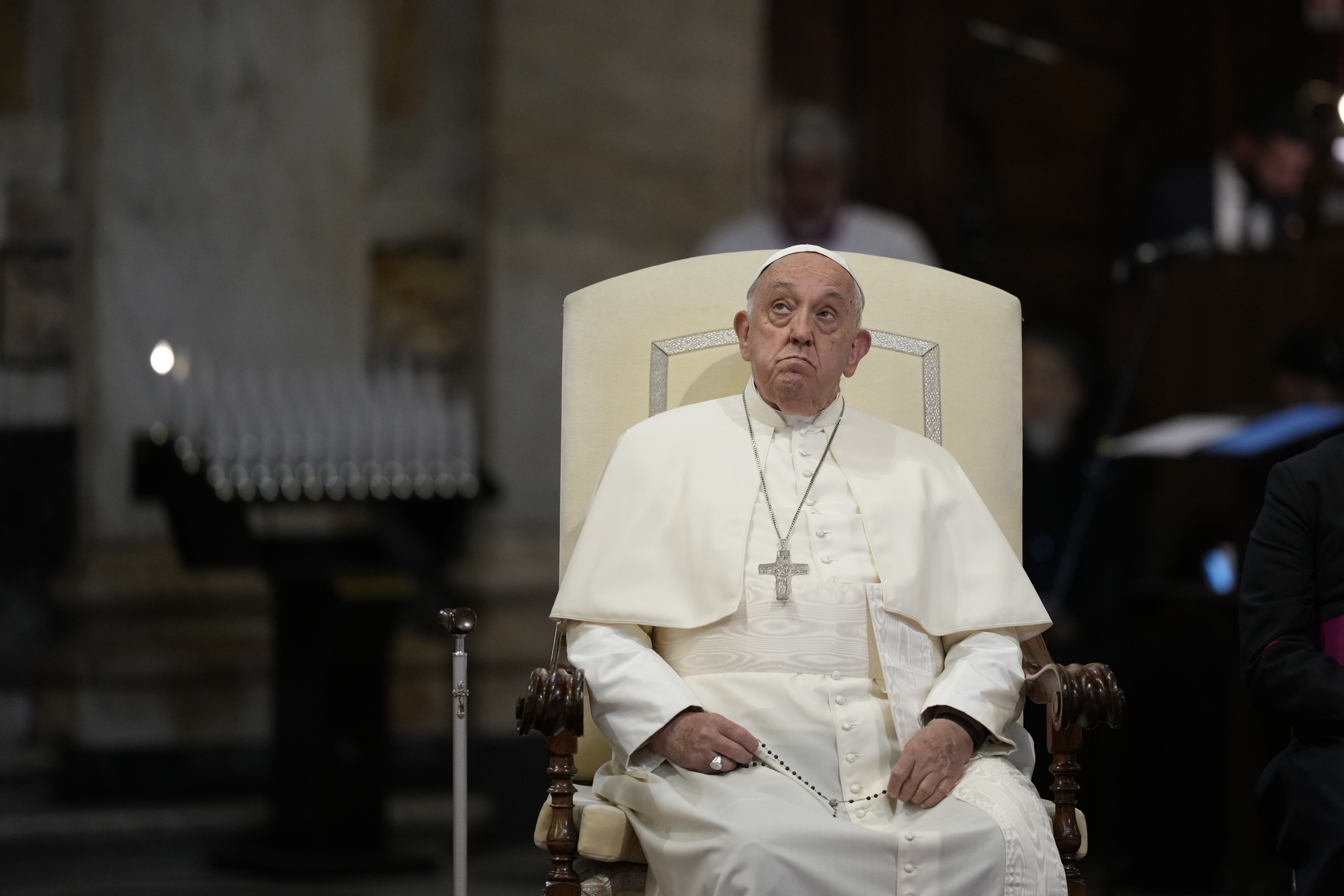Luka Trade Regret? Mavs GM Admits Underestimation
The Luka Legacy: Mavs GM Admits Fan Love Was Underestimated, But Trade Stands Firm
Introduction: The Earthquake That Shook Dallas
Alright, Mavs fans, let's be honest. The trade heard 'round the world – the one that sent Luka Doncic packing for the bright lights of Los Angeles – is still a raw nerve, isn't it? Dallas Mavericks General Manager Nico Harrison seems to understand that now, even if it's a bit belated. He's come out saying he miscalculated just how deeply the fans loved their Slovenian superstar. But here's the kicker: even with the chorus of boos and calls for his job, Harrison is sticking to his guns. He believes the trade, painful as it was, is the path to a championship. Let's dive into the heart of this controversial decision and see what's really going on.
The Confession: "I Didn't Quite Know It To What Level"
So, Harrison admitted he underestimated the Luka love. But what does that even mean? Was he living under a rock? We all knew Luka was more than just a player; he was a symbol of hope, the future of the franchise, and a bonafide Dallas icon. Let's break down what this mea culpa actually entails:
Acknowledging the Disconnect
"I did know that Luka was important to the fan base," Harrison said, "I didn't quite know it to what level." It's like saying you knew the ocean was big, but you didn't realize it was *that* big. It reveals a disconnect between the front office and the emotional connection the fans had with Luka. Did they rely too much on analytics and not enough on the pulse of the city?
The Damage is Done
Words are just words, especially after a move as seismic as this one. The catcalls and the calls for Harrison's head are a direct result of this underestimation. Can he repair the damage, or is the bridge already burned? Only time will tell.
The Rationale: Building a Contender, Regardless of the Cost
Despite the backlash, Harrison maintains the trade was necessary to build a championship-caliber team. This is where things get interesting. Is this a calculated risk, a necessary evil, or a complete misjudgment?
The Gamble: Anthony Davis as the Savior
The centerpiece of the trade, Anthony Davis, is a proven talent when healthy. The question is, can he stay healthy? He's a dominant force on both ends of the court, but his injury history is a major red flag. Is Harrison betting on a healthy AD leading the Mavs to the promised land?
More Than Just One Player
Harrison likely believes the trade brought in more than just Davis; it brought in flexibility, assets, and a chance to reshape the roster. Perhaps he envisions building a more balanced team, one that isn't entirely reliant on a single superstar.
The Fan Reaction: A City in Mourning?
The reaction to the trade was swift and brutal. Social media erupted, ticket sales plummeted (at least temporarily), and talk radio was filled with angry fans venting their frustration. Was it an overreaction? Maybe. But it's hard to argue with the passion and disappointment that permeated the city.
The Price of Loyalty
Mavs fans are fiercely loyal. They've stuck with the team through thick and thin, and Luka represented a new era of hope. To see him traded away, especially for a player with injury concerns, felt like a betrayal to many.
The "Fire Nico" Movement
The calls for Harrison's dismissal are a direct consequence of the perceived betrayal. Whether he deserves to be fired is debatable, but the anger and frustration are undeniable. He's become the face of a decision that many fans believe was a disaster.
The Future of the Mavericks: Can They Recover?
So, where do the Mavericks go from here? Can they win back the fans' trust? Can they build a championship contender without Luka? The answers to these questions will determine Harrison's legacy and the future of the franchise.
Finding a New Identity
Without Luka, the Mavericks need to forge a new identity. Who will be the new face of the franchise? How will they score points? What kind of team will they be? These are all questions that Harrison needs to answer quickly.
Investing in Supporting Cast
Surrounding Anthony Davis (if he stays healthy) with the right supporting cast is crucial. They need shooters, defenders, and playmakers who can complement his skillset and create a winning formula.
The Impact on Luka Doncic: A Fresh Start in LA?
What about Luka? How did the trade affect him? He's now playing in the bright lights of Los Angeles, alongside LeBron James and other superstars. Is this a dream come true, or a new set of challenges?
Championship Aspirations
Playing with LeBron gives Luka an immediate chance to compete for a championship. He's surrounded by talent and experience, which could help him elevate his game to even greater heights. This move could solidify his place among the NBA's elite.
Navigating a New System
Luka will need to adapt to a new system and learn to play alongside new teammates. This could be a challenging adjustment, but it also presents an opportunity for growth and development. Will he thrive in the Lakers' system, or will he struggle to find his place?
The Big Picture: A Lesson in Fan Engagement
Ultimately, this whole saga serves as a valuable lesson in fan engagement. The front office needs to understand and respect the emotional connection fans have with their team and their star players. Ignoring that connection can have serious consequences.
Beyond Analytics
Analytics are important, but they shouldn't be the only factor in decision-making. The human element, the passion of the fans, and the emotional impact of a trade are all crucial considerations. Was Nico Harrison blinded by numbers and forgot about the heart?
Communication is Key
Open and honest communication with the fans can help mitigate the negative impact of controversial decisions. Explaining the rationale behind the trade, addressing concerns, and demonstrating a commitment to winning can go a long way in rebuilding trust. Could better communication have softened the blow?
Conclusion: The Gamble Continues
Nico Harrison's admission that he underestimated the depth of love for Luka Doncic is a significant moment, but it doesn't change the reality of the situation. The trade has been made, and the Mavericks are moving forward. Whether it was the right decision remains to be seen. But one thing is clear: Harrison's legacy and the future of the Mavericks hinge on the success of this gamble.
Frequently Asked Questions
Here are some frequently asked questions about the Luka Doncic trade:
- Why did the Mavericks trade Luka Doncic?
The Mavericks traded Luka Doncic to acquire Anthony Davis and other assets, believing it would improve their chances of building a championship-contending team. The team believed AD would be a better fit alongside the remaining pieces and provide a stronger defensive presence. - What did the Mavericks get in return for Luka Doncic?
While the exact details of the trade depend on hypothetical parameters, the primary return likely included Anthony Davis, draft picks, and potentially other role players to bolster the roster. The idea was to add immediate talent and future flexibility. - How have Mavericks fans reacted to the trade?
The reaction has been overwhelmingly negative, with many fans expressing anger and disappointment. The trade sparked calls for GM Nico Harrison's resignation. - What is Luka Doncic's future with the Los Angeles Lakers?
Luka Doncic's future with the Lakers is bright. Playing alongside LeBron James, he has the opportunity to compete for championships and further solidify his status as one of the NBA's top players. - What is Nico Harrison's response to the criticism he has received?
Nico Harrison has acknowledged that he underestimated the depth of fan love for Luka Doncic, but he stands by the trade, believing it was necessary to build a championship-caliber team. He's emphasized the long-term vision for the franchise.
